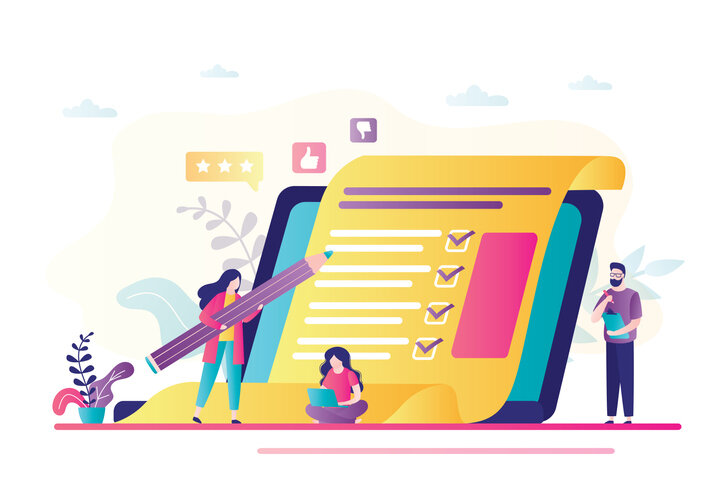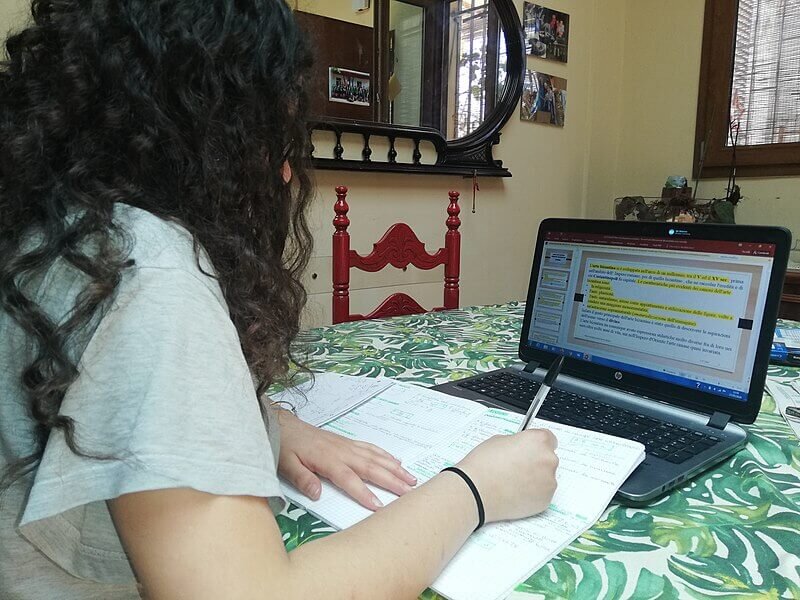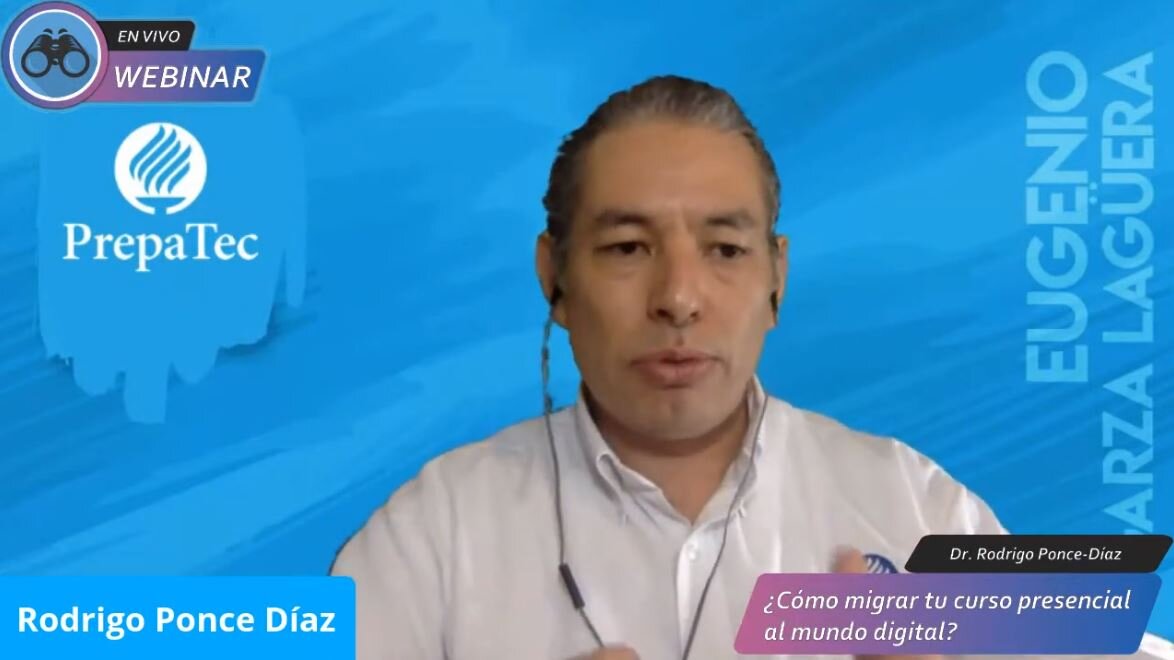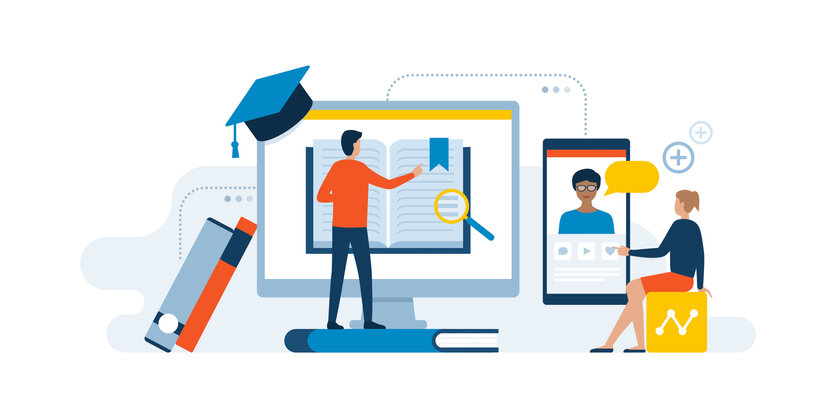The volumes of information students handle daily is affecting their ability to focus.
Photo: Bigstock.
Does the quantity of contents can affect the level of absorption of ideas and learning? A study from the Technical University of Denmark, argues that it might be the case.
The research took into consideration different instances to measure and compare attention span at the moment people receive information by different kinds of media. They included, among other variables, ticket sales for movies in the last 40 years, books in the previous 100 years, data from trends at Twitter from 2013 to 2016, and the time users spent on Wikipedia from 2012 to 2017.
Based on these criteria, the academics created a mathematical model to predict three fundamental factors: the popularity of the topic, its progression through time and people’s wish for new topics.
These processes led them to find empirical evidence that human beings give different amounts of attention to various cultural items, establishing a theoretical base to understand content fatigue and how it impacts attention span on the public. This is notorious in digital spaces like Twitter, which provides new information minute by minute. In 2013, a trending hashtag that reached the top 50 of popularity, remained on this list for a maximum of 17.5 hours, for 2016, this range had dropped to 11.9 hours.
>
“Content is increasing in volume, which exhausts our attention and our urge for ‘newness’ causes us to switch between topics more regularly collectively.”
On the other hand, academic and scientific digital spaces reported longer attention spans. Researchers suggest that this has to do with the nature of their content. Usually, the people that consult journals or educational magazines, for example, are actively seeking knowledge, they stay there more time because that’s what they were looking for, not because it appeared in their feed and were exposed to the information.
“Content is increasing in volume, which exhausts our attention and our urge for ‘newness’ causes us to switch between topics more regularly collectively,” said Philipp Lorenz-Spreen, a member of the Max Planck Institute for Human Development and also a participant in the study.
It is true that the biggest benefit of this change in how we receive significant volumes of information leads us to be able to process more information in less time, but the first downside of this cognitive evolution is that we have lower attention spans as a result. How does this affect our learning abilities in the long run?
Online and distracted
The impact of a shorter attention span and lower level of concentration hits harder on online classes, as Kent University found out through a study. Researchers argue that students that take online courses are more vulnerable through distractions since they are freer to multitask.
On the other hand, students who took courses in a classroom, with a teacher present, had better performance. This can be explained through the different conditions set by the teacher, who acts as an anchor to keep the students more grounded that they would be if they were on their own.
In an educational world that inclines more and more to digital content, it’s imperative that we find new ways to keep students attention span and concentration at the highest level possible.
A first step to achieves this could be changing the way we see both of them. Stop seeing them as principles that need to be taught and start considering them skills to be trained and encouraged. That way students can stop depending on a teacher’s authority to concentrate on class and start doing it on their own. If they are doing it as a conscious and voluntary action rather than an order, they can take control of their own learning process, not only in school but in every aspect of their lives.
This article from Observatory of the Institute for the Future of Education may be shared under the terms of the license CC BY-NC-SA 4.0 
)
)











)
Karina Fuerte
Karina Fuerte
Karina Fuerte